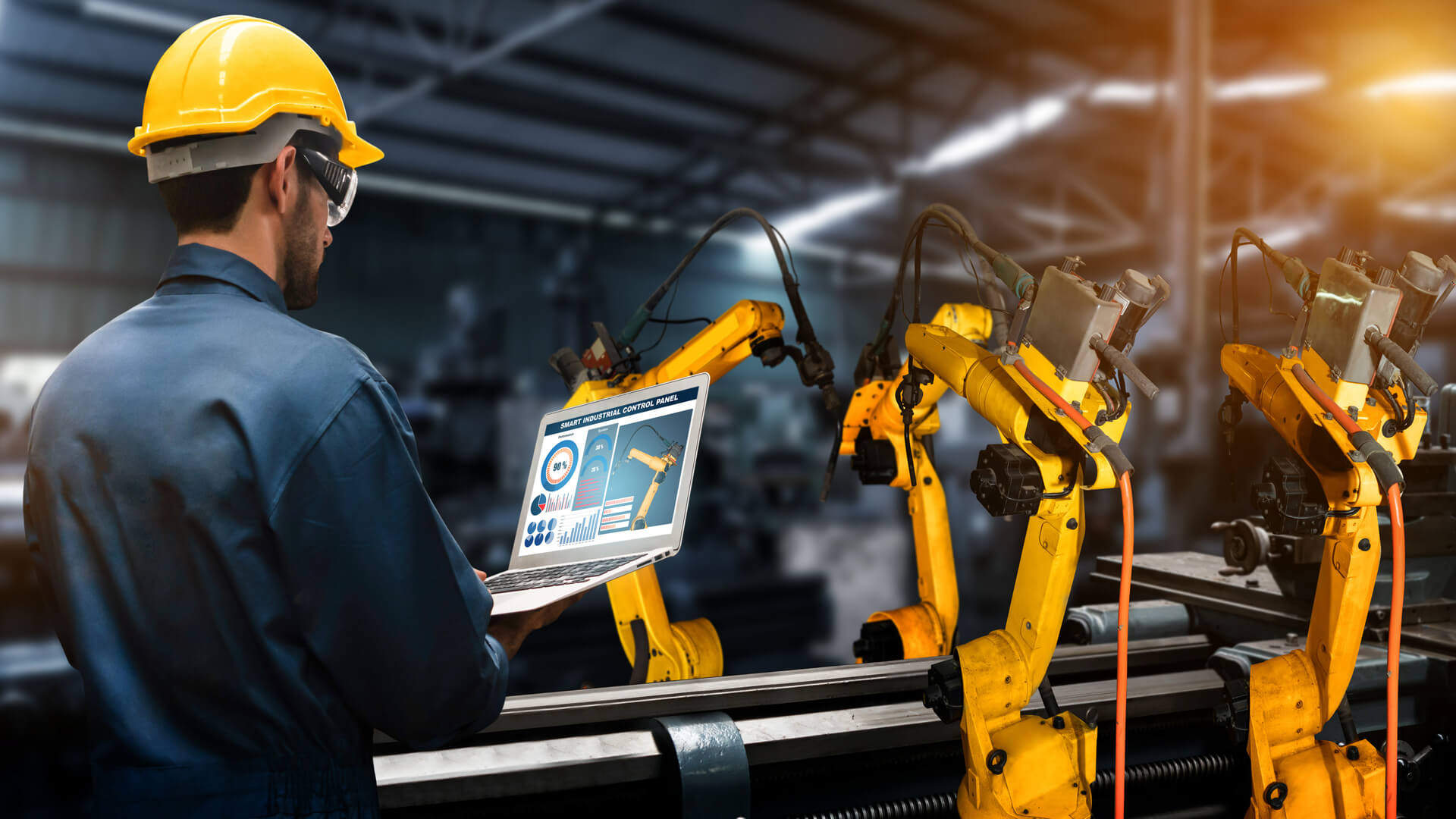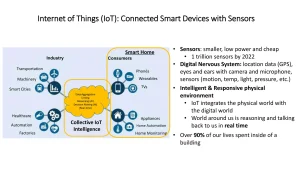Today’s industry technology trends can help solve many of humanity’s challenges, and this article will explore how emerging technologies can change the way industries do business. These new technologies include collaborative robots, robotic process automation, and cloud-based distributed power plants. There is also the use of radio-frequency identification to track individuals and their activities. All of these technologies are expected to continue to disrupt legacy industries. However, these new technologies could also bring some benefits to SMEs.
The goals of Industry 4.0 include cost reduction, enhanced profitability, and reduced waste. By integrating IT and OT, this new technology also helps increase productivity, automate processes and prevent mistakes, and speed up production according to the value chain. Industry 4.0 also incorporates advanced robotics and AI/cognitive technology to improve efficiency and reduce costs. These technologies are being developed to help businesses move towards a more digitalized future. They will help improve productivity and reduce costs, and help businesses make the transition from an industrial to a digital world.
Another common technology used in modern society is semiconductors. These materials are used in a variety of products. One of the most commonly used semiconductors is silicon. Semiconductor companies also produce peripheral equipment to support these products. In addition to semiconductors, semiconductor companies create solar power equipment, including solar cells and modules. The rapid innovation of these technologies has made them a popular choice for many industries. The future of our society depends on them. So, the question arises: how can we improve our lives and the quality of our lives while creating new technology?
The industry technology sector is characterized by its high level of intellectual property and advanced engineering. Many companies in this sector are expanding overseas to gain market share and access to cheap labor. As such, industry technology firms face new challenges of managing a global workforce, currency risks, and technology transfers. Many of these companies are in the hardware sector, where international sales account for a large percentage of sales. While they are expanding internationally, much of their global business is still centered on Asia.
One of the most common challenges facing businesses in the industry is cybersecurity. Data breaches can cost companies credibility, and businesses must develop secure networks and solid risk management plans. Other challenges facing the industry include the retirement of baby boomers and shifting talent pools. The need for new technical skills and regulations also pose challenges. Companies must develop solid risk management plans to ensure their continued success. But this doesn’t mean that a company cannot innovate – it can only adapt.
The evolution of technology began in the 18th century with the invention of steam power and a broader factory system. The second industrial revolution followed, bringing the development of electric motors and light bulbs, which enabled mass production. Today, the technology industry is responsible for skyscrapers, broad cities, and motorized transportation. A few decades ago, many of these innovations came about as a result of military research. So, while industry technology is still an important part of our society, it is important to understand that it is largely a positive factor.






More Stories
The Rise of Ambient Computing and Invisible Interfaces: When Technology Fades Into the Background
Integrating Digital Twin Technology for Small-Scale Manufacturing and Logistics
The Developer’s Guide to Post-Quantum Cryptography Implementation